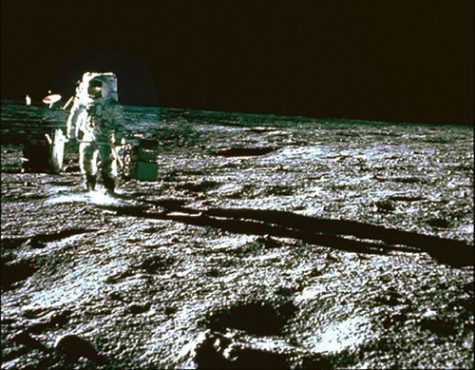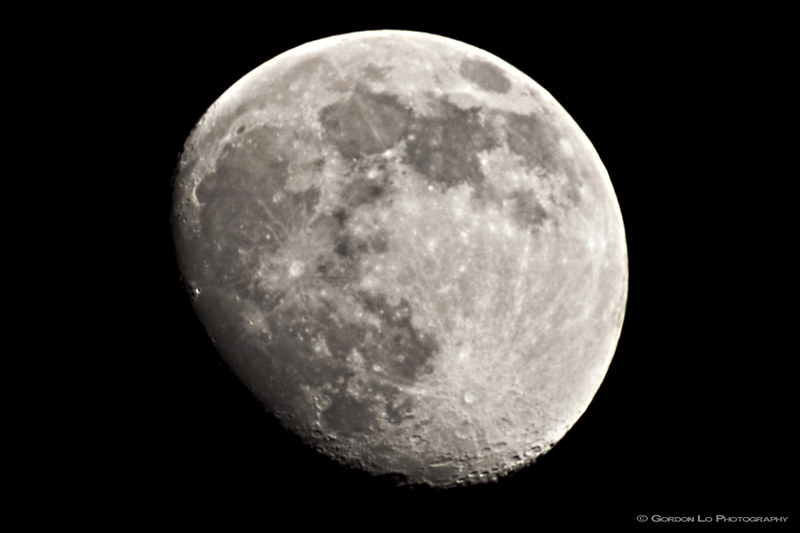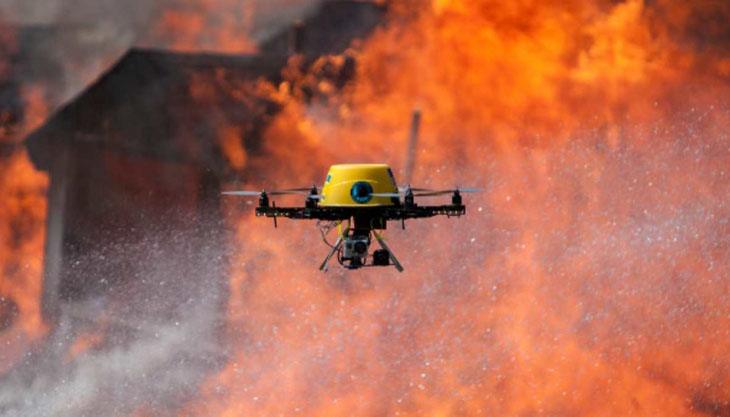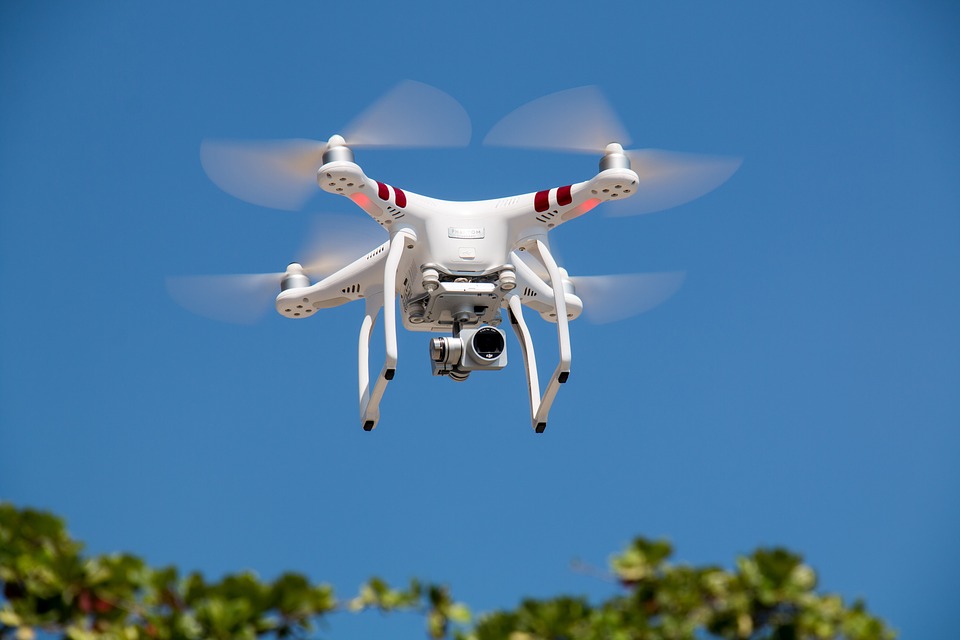Why Did we Stop Going to the Moon?
Why we have yet to revisit the moon.
Have you ever wondered why we stopped going to the moon? The moon is a mystery to us as humans, and we still have a lot more to discover about it. First off, the moon has been around for approximately 4.65 billion years. The Earth has been around for 5.54 billion years. The moon is described as a rock and metal mass that orbits the Earth. This happens because of Earth’s gravity. The gravitational pull of Earth keeps the moon orbiting us. Throughout the years 1968 and 1972, Apollo 11, 12, 13, 14, 15,16, and 17 were sent to the moon.
These missions concluded in 6 moon landings. Our crewed first mission to the moon was Apollo 11, where Neil Armstrong was the first person to land on the moon. After the mission, we kept on carrying on with sending people to the moon. This was a very remarkable feat for humankind. Our latest and most recent moonwalk mission was Apollo 17. Apollo 17 took place on December 19, 1972. Apollo 17 was the longest we have ever stayed on the moon.

However, although Appollo 17 was our longest stay on the moon, it is also the last time humans stepped foot on the moon to this day as of 2021. It has almost been 50 years. The main reason that we stopped going to the moon is money. These missions were in no way whatsoever inexpensive. Apollo 11, which took place in 1968, cost 25 billion dollars or about 150 billion in today’s dollars. The rest of these moon landing missions also cost an extremely high amount. The continuation of these missions became unsustainable, and plans were canceled.
The bottom line is there is a lot of risk in spending that much money to send people to the moon. To keep sending these missions would take a lot of devotion and be very risky.
Related Stories:











